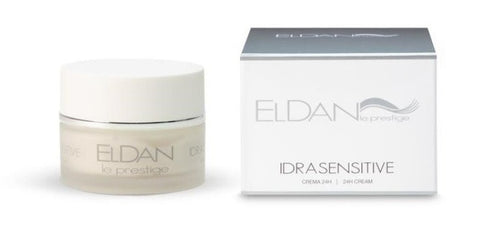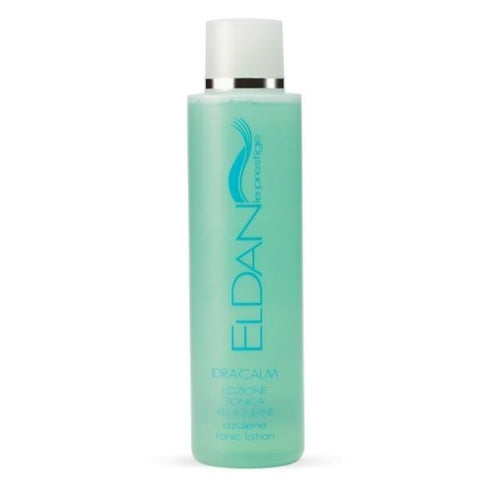
Understanding Of Rosacea
Rosacea is one of the world’s most common skin conditions and is said to affect over 415 million people all across the globe. Some of its most recognisable symptoms include facial flushing and redness, sensitivity to water or skincare products, dry skin, itchiness and irritation. While there is no cure, there are many ways to manage it. Understanding what it is and what triggers it is the first step.
Rosacea is an extremely common, chronic inflammatory skin condition that causes redness and in some cases, pus-filled red bumps on the skin. While rosacea can occur in anyone, it most commonly affects women over 30, and is more visible on those who have lighter complexions.
Rosacea is caused by abnormalities in the blood vessels, which result in flushing and persistent redness usually around the cheeks and nose. Flare ups can range from one day to one month, however, they usually last about a week. There are many potential causes for rosacea, such as genetics, bacteria, or an overproliferation of the Demodex mites that are a part of everyone’s microbiome, there are many things that can trigger a flare up.
Environmental factors including prolonged sun exposure, extreme heat or cold, and strong winds can exacerbate rosacea. Similarly, stress, heavy exercise, hot showers and certain foods can also contribute to flare ups.
Consuming alcohol and spicy foods raise our body temperature and dilate blood vessels, making the skin appear redder and causing a flare up. The same goes for refined sugars, some processed meats, and even high quantities of citrus fruits.
Many skincare products that use strong ingredients such as retinol, astringents, essential oils, strong acids, and high concentrations of vitamin C can also cause rosacea flare ups. Even some hair sprays, especially those containing alcohol, witch hazel, or fragrance are also secret triggers.
Wearing a daily SPF will help to protect your skin from the sun, keeping redness at ease. Vitamin E is also a great option, as it is a natural anti-inflammatory and will help repair damaged skin. You should also look to your diet to manage flare ups, because as mentioned, gut health is a large contributor to the skin’s appearance. Limit your intake of alcohol, spicy foods, and processed foods/sugars.
There are also many beauty and skincare products dedicated to reducing the appearance of rosacea. Because rosacea is an inflammatory skin condition, you should look for products that are formulated with gentle, soothing and protecting ingredients that aim to reduce skin inflammation. Below are a few products I recommend:








